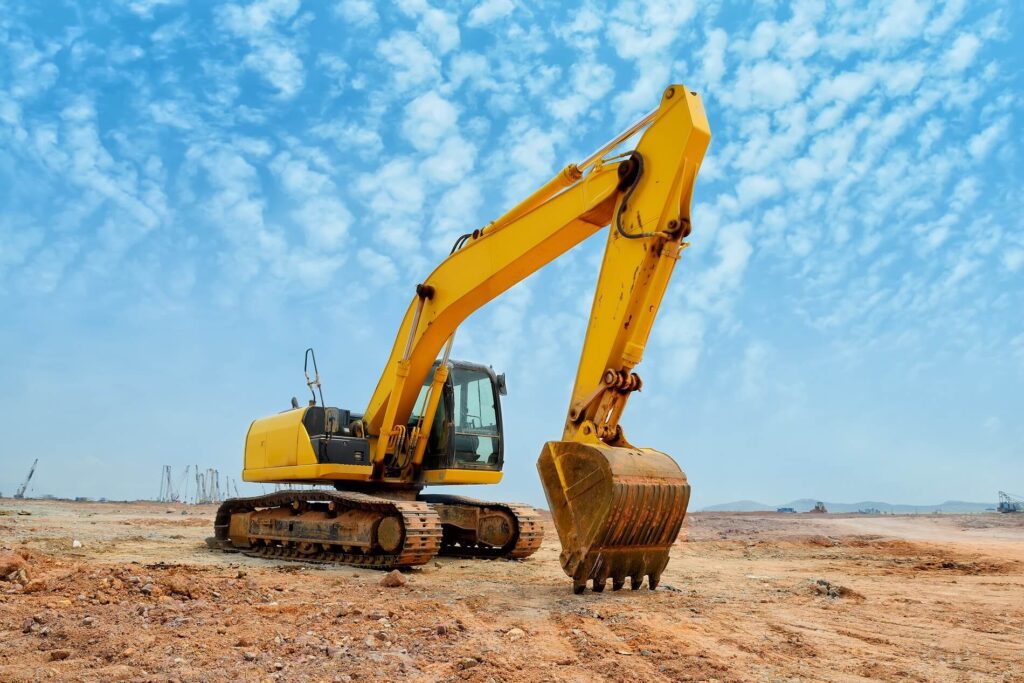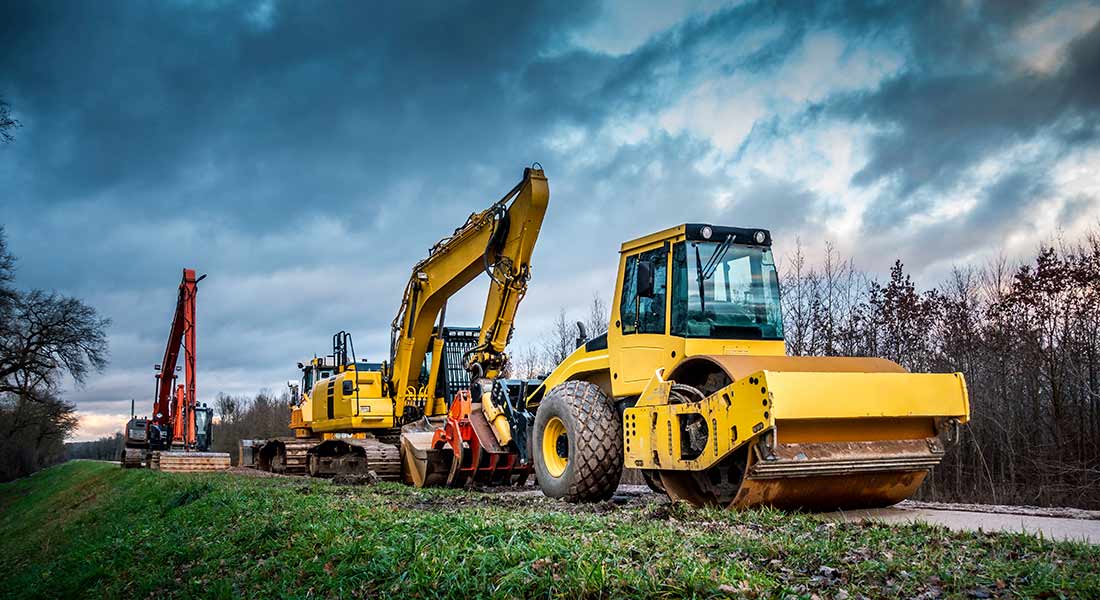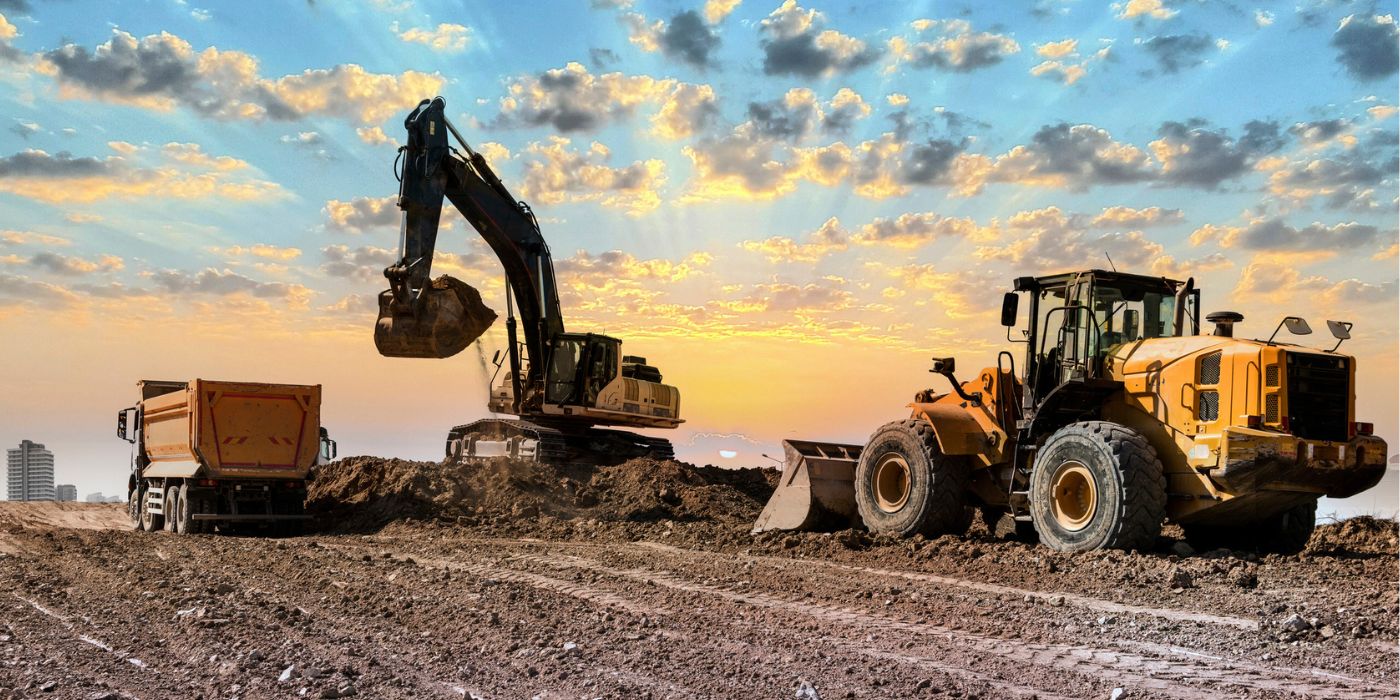Equipment Rental Company in Tuscaloosa, AL: Your Trusted Source for Machinery
Equipment Rental Company in Tuscaloosa, AL: Your Trusted Source for Machinery
Blog Article
Discovering the Financial Advantages of Leasing Construction Devices Contrasted to Possessing It Long-Term
The decision between owning and leasing building and construction equipment is critical for economic monitoring in the industry. Renting offers instant price financial savings and operational versatility, enabling business to allot sources much more effectively. In comparison, possession features considerable long-term monetary commitments, including maintenance and depreciation. As professionals evaluate these alternatives, the influence on cash circulation, project timelines, and technology access comes to be increasingly significant. Understanding these nuances is vital, specifically when taking into consideration just how they line up with certain job requirements and monetary strategies. What elements should be focused on to guarantee optimal decision-making in this facility landscape?

Price Comparison: Leasing Vs. Possessing
When reviewing the monetary implications of leasing versus possessing construction equipment, an extensive expense contrast is vital for making informed choices. The selection in between owning and leasing can considerably affect a firm's lower line, and comprehending the linked expenses is important.
Renting building devices generally entails reduced in advance prices, enabling organizations to allot resources to various other operational requirements. Rental costs can collect over time, possibly exceeding the expenditure of possession if tools is needed for a prolonged period.
Alternatively, owning building tools needs a significant first financial investment, together with ongoing costs such as financing, insurance, and depreciation. While possession can cause long-term savings, it likewise binds resources and may not supply the very same level of adaptability as leasing. Additionally, possessing tools requires a dedication to its usage, which might not always straighten with job needs.
Eventually, the choice to rent or have should be based upon a thorough analysis of certain job requirements, economic capacity, and long-lasting tactical objectives.

Upkeep Expenses and Obligations
The option in between renting out and possessing construction devices not just involves monetary considerations yet also incorporates recurring upkeep expenditures and duties. Possessing tools calls for a substantial commitment to its maintenance, which consists of routine assessments, repair services, and possible upgrades. These obligations can promptly gather, causing unanticipated expenses that can stress a spending plan.
In contrast, when renting out tools, maintenance is commonly the responsibility of the rental firm. This plan permits contractors to prevent the economic worry connected with damage, along with the logistical obstacles of organizing repairs. Rental arrangements commonly consist of arrangements for maintenance, meaning that professionals can concentrate on finishing projects as opposed to fretting about equipment problem.
Furthermore, the diverse variety of equipment readily available for rental fee makes it possible for companies to select the most recent versions with sophisticated modern technology, which can enhance efficiency and efficiency - scissor lift rental in Tuscaloosa, AL. By choosing leasings, organizations can prevent the long-lasting liability of devices depreciation and the associated maintenance frustrations. Eventually, examining upkeep expenses and responsibilities is vital for making an informed choice about whether to rent or have building equipment, considerably affecting overall task expenses and functional efficiency

Depreciation Impact on Ownership

A substantial element to think about in the choice to own construction equipment is the effect of depreciation on overall ownership expenses. Devaluation represents the decrease in value of the devices in time, affected by elements such as usage, deterioration, and advancements in modern technology. As devices ages, its market value diminishes, which can dramatically affect the proprietor's monetary position when it comes time to market or trade the equipment.
For building business, this depreciation can translate to significant losses if the equipment is not made use of to its greatest possibility or if it lapses. Proprietors should account for devaluation in their financial projections, which can bring about greater total costs compared to renting. Additionally, the tax ramifications of devaluation can be intricate; while it might provide some tax obligation benefits, these are usually offset by the truth of decreased resale value.
Inevitably, the burden of devaluation emphasizes the significance of comprehending the lasting financial commitment associated with owning construction devices. Companies must thoroughly examine how usually they will use the tools and the possible financial influence of devaluation to make an enlightened choice about possession versus renting.
Financial Flexibility of Leasing
Renting construction equipment provides substantial financial flexibility, allowing companies to allocate resources much more effectively. This adaptability is especially essential in a sector characterized by changing project demands and varying work. By opting to rent, organizations can prevent the significant funding investment required for purchasing equipment, maintaining capital for various other functional needs.
Furthermore, renting devices makes it possible for companies to tailor their tools selections to particular project needs without the lasting dedication connected with possession. This means that services can easily scale their devices stock up or down based upon existing and anticipated job demands. Consequently, this versatility decreases the threat of over-investment in equipment that might end up being underutilized or obsolete in time.
Another monetary advantage of renting is the possibility for tax obligation benefits. Rental settlements are usually taken into consideration business expenses, enabling for instant tax reductions, unlike devaluation on owned and operated devices, which is topped a number of years. scissor lift rental in Tuscaloosa, AL. This instant expenditure acknowledgment can even more improve a company's cash money position
Long-Term Task Considerations
When evaluating the long-term demands of a building and construction company, the decision between owning and renting out devices ends up being more complex. For tasks with extended timelines, buying tools may seem helpful due to the capacity for lower general costs.
The building sector is evolving rapidly, with new tools offering enhanced efficiency and safety features. This flexibility is especially advantageous for services that manage diverse tasks calling for various kinds of devices.
Additionally, financial security plays a critical function. Owning tools commonly involves significant capital expense and depreciation concerns, while leasing allows for even more foreseeable budgeting and cash money flow. Ultimately, the option in between owning and leasing must be aligned with the strategic goals of the building and construction business, considering both anticipated and existing task demands.
Verdict
In verdict, leasing building and construction devices provides significant monetary advantages over long-lasting possession. Eventually, the choice to rent rather than own aligns with the AL vibrant nature of construction projects, allowing for versatility and access to the most current tools without the financial worries associated with ownership.
As tools ages, its market worth lessens, which can significantly affect the proprietor's monetary setting when it comes time to offer or trade the tools.
Renting out construction tools offers significant financial adaptability, permitting companies to allot sources more efficiently.Furthermore, renting tools enables business to customize their devices selections to specific task needs without the long-term dedication connected with possession.In final thought, leasing building tools supplies considerable financial advantages over long-lasting ownership. Eventually, the choice to rent rather than own aligns with the dynamic nature of building jobs, allowing for flexibility and accessibility to the most recent tools without the economic problems associated with possession.
Report this page